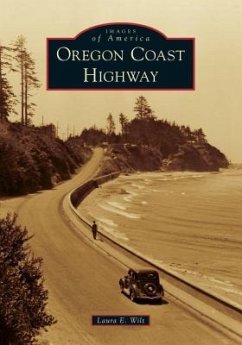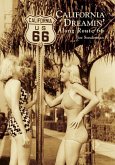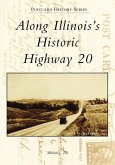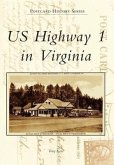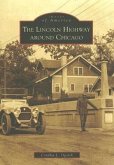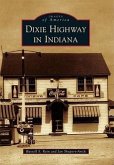By the time the final links in the Oregon Coast Highway were made in 1936, the highway stretched 394 miles from Astoria to the border of California. It had taken 12 years to complete the construction over stretches of rugged headlands and thick forests. Early travel along the coast was difficult; what roads existed were generally unimproved and often completely impassable during the rainy winter months. In many cases, the beaches themselves served as the only means of transporting freight and passengers. When Maj. Henry Bowlby, the first Oregon State Highway engineer, outlined a proposed system of state highways in 1914, he presented the vision of a coastal highway to the Oregon State Highway Commission. The eventual construction of this highway opened access to the Willamette Valley and beyond for many formerly isolated coastal communities. It also signaled an economic shift that included the promotion of tourism and the accommodation of the flood of visitors anxious to take advantage of the spectacular vistas along the Oregon coast.
Hinweis: Dieser Artikel kann nur an eine deutsche Lieferadresse ausgeliefert werden.
Hinweis: Dieser Artikel kann nur an eine deutsche Lieferadresse ausgeliefert werden.

